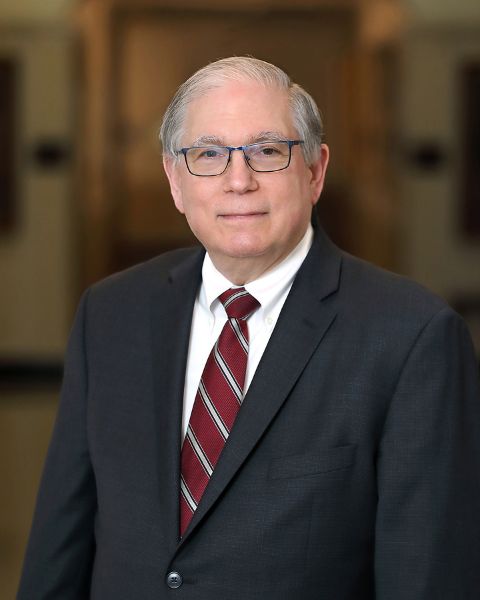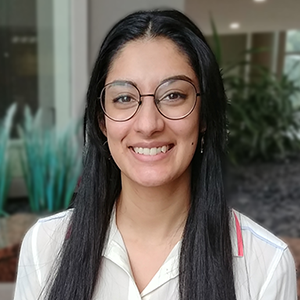ASBMB honors Lawrence Tabak with public service award
The American Society for Biochemistry and Molecular Biology named Lawrence A. Tabak the 2025 Howard K. Schachman Public Service Award winner. This award recognizes an individual who best demonstrates dedication to public service in support of biomedical science. It is named after Howard K. Schachman, who served as chair of ASBMB’s Public Affairs Advisory Committee for more than ten years.

For 25 years, Tabak fulfilled many roles at the National Institutes of Health, including serving as institute director of the National Institute of Dental and Craniofacial Research from 2000 to 2010, principal deputy director from 2010 to 2025 and acting director from 2021 to 2023.
“Public service is so important for just about every facet of life in this country,” Tabak said. “What has set this country apart from many others is the devotion and dedication of government resources, including its human capital, to supporting and enhancing scientific innovation, scientific growth and scientific development.”
As a researcher and dentist, Tabak moved to the NIH from the University of Rochester School of Medicine and Dentistry in 2000, where his research focused on the structure, biosynthesis and function of glycoproteins.
“I've sort of lived in two worlds professionally,” Tabak said. “I grew up in the dental research community and then made the jump from a school of dentistry to a school of medicine and became more of a biochemist and less a dentist.”
He continued: “I've lived in these two worlds and my two core places were the International Association of Dental Research and ASBMB.”
Tabak provided leadership for numerous trans-NIH activities, including the agency’s effort to support team science, enhance rigor and reproducibility in research and improve the peer review process. But Tabak said the highlight of his career was the scientific talent with which he worked.
“I'm most proud of the accomplishments of all the people that I had the incredible pleasure to work with,” he said. “Be it in the research lab ... (or) the administrative side, I've had an amazing cohort of people who I've worked with. Each of them has gone to bigger and better things, either within NIH or elsewhere.”
Throughout Tabak’s tenure at the NIH, he ran his own lab studying glycoprotein biosynthesis and function. Much of his work focused on mucin-type O-glycans. His discoveries have implications in numerous diseases, such as cancer, cystic fibrosis, inflammatory bowel disease and more.
Tabak emphasized that scientists have much work to do to convey the importance of basic science to the public.
“We have to continue to work hard at explaining how basic fundamental discovery is ultimately what drives applications,” Tabak said. “We have to talk about it in terms that underscore and reinforce the notion that fundamental discovery is really what ultimately drives all the applied advances that we see around us.”
Tabak will give prerecorded remarks at the 2025 ASBMB Annual Meeting in Chicago.
Enjoy reading ASBMB Today?
Become a member to receive the print edition four times a year and the digital edition monthly.
Learn moreGet the latest from ASBMB Today
Enter your email address, and we’ll send you a weekly email with recent articles, interviews and more.
Latest in People
People highlights or most popular articles

Sketching, scribbling and scicomm
Graduate student Ari Paiz describes how her love of science and art blend to make her an effective science communicator.

Embrace your neurodivergence and flourish in college
This guide offers practical advice on setting yourself up for success — learn how to leverage campus resources, work with professors and embrace your strengths.

Survival tools for a neurodivergent brain in academia
Working in academia is hard, and being neurodivergent makes it harder. Here are a few tools that may help, from a Ph.D. student with ADHD.

Quieting the static: Building inclusive STEM classrooms
Christin Monroe, an assistant professor of chemistry at Landmark College, offers practical tips to help educators make their classrooms more accessible to neurodivergent scientists.

Hidden strengths of an autistic scientist
Navigating the world of scientific research as an autistic scientist comes with unique challenges —microaggressions, communication hurdles and the constant pressure to conform to social norms, postbaccalaureate student Taylor Stolberg writes.

Richard Silverman to speak at ASBMB 2025
Richard Silverman and Melissa Moore are the featured speakers at the ASBMB annual meeting to be held April 12-15 in Chicago.

